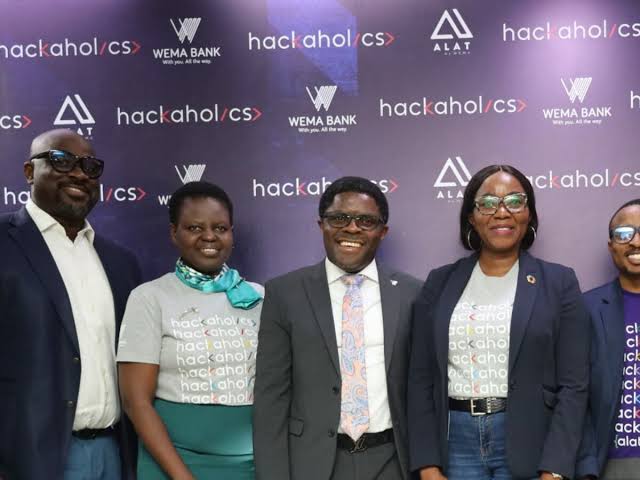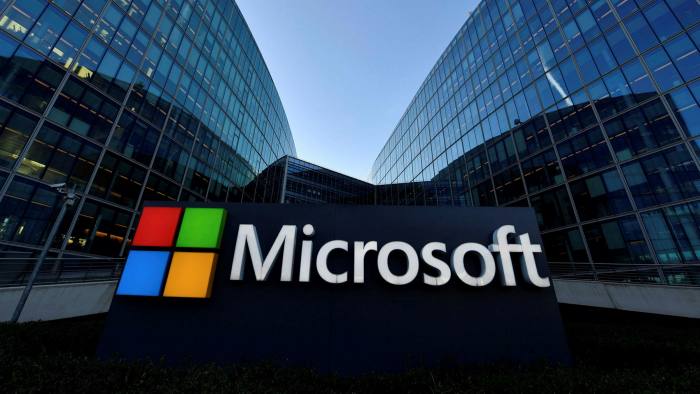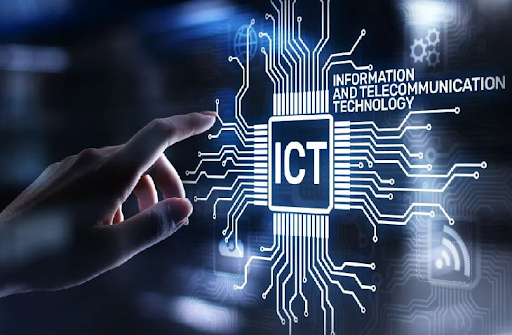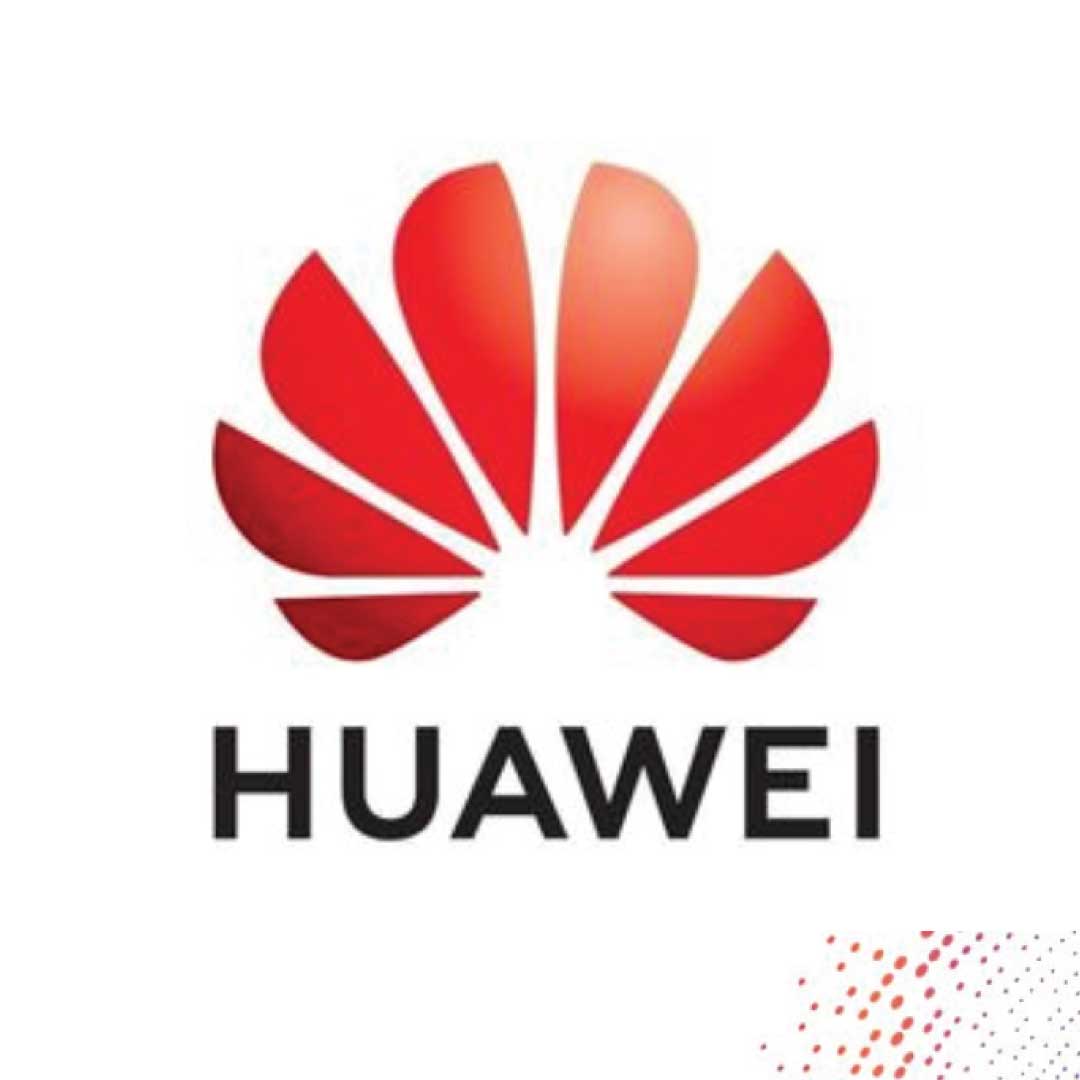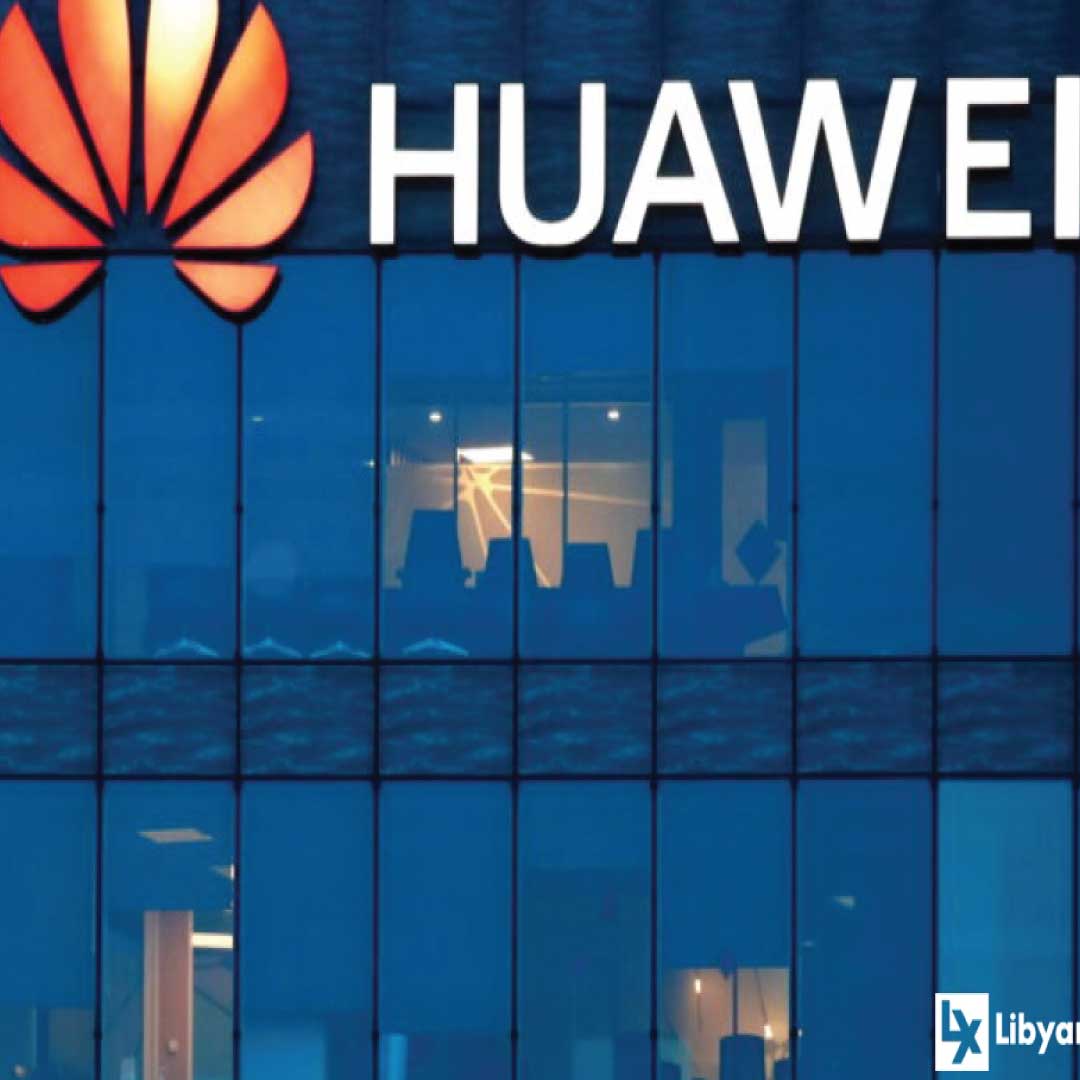ALAT by Wema, Nigeria’s leading digital bank, has issued a call for entries for the 2023 edition of its hackathon event.
This effort is a component of the Hackaholics 4.0 “Re-imagine” project, which seeks to identify and develop tech talent.
This year’s edition aims to explore the boundless possibilities of emerging technologies while utilising its neo-bank proposal to significantly widen the student and youthful ecosystem, deepen the bank’s brand and position the brand to recruit and retain tech talent.
Alat Hackaholics 4.0 event
The Hackaholics programme is a youth-focused competition for entrepreneurs and innovators with game-changing tech-driven or tech-enabled concepts and products who want to develop and rapidly scale their enterprises.
It is geared towards young Nigerians who use their coding, product curation, and pitching skills to solve major societal issues in several businesses.
During the campaign, the bank intends to involve 10,000 tech entrepreneurs, produce 5,000 ideas, establish six pitch centres, and receive over one million visitors. This year, the winner will receive $10,000.
Read also: Lagos Startup Expo holds in May 20 2023
This year’s Hackaholics edition is expanding its scope and exploring other verticals, such as education, environment, civic tech, insurance, government technology, health, gender-based violence, fintech, financial inclusion, and entertainment, in order to cover more ground in regard to societal issues.
“We want to encourage young minds who can build solutions beyond just naira and kobo; we want people who can solve real-world problems around civic-tech, gov-tech, converting gender-based violence, entertainment, and health, and this is why we chose the theme “Re-imagine,” said Solomon Ayodele, Head of Innovation at ALAT by Wema.
Each centre will choose 40 teams, but only ten will pitch. Six universities will host this round of live pitches: Lagos State University, University of Benin, Babcock University, Nile University, Abuja, University of Abuja, and the Federal University of Technology, Akure.
The finale will take place at the University of Lagos. In addition, a select group of participants will receive a two-day excursion to explore the operations of leading organisations in their solution vertical.
How to apply
The Hackaholics competition is open to any Nigerian youth who is currently working on a solution. This category comprises non-programmers and those without a Computer Science degree.
Your solution, competition, target market, and the team must be summarised (a minimum of 3). Every interested applicant must have an ALAT account.
Shortlisted applicants will be invited to the incubation session, which is sponsored by Amazon, Microsoft, Endeavour Africa, and others.
Opportunities
These innovators and startup founders will benefit from the live pitches and incubation sessions, including:
- Give funds to innovators and startup founders to establish and scale their solutions.
- Product development and integration will benefit from the hackathon.
- Teams and solutions will be highly visible.
- Give founders access.
- Provide founders with mentoring and guidance.
- Learn from industry leaders.
A committee of industry experts will select the winners of the $7 million in cash prizes in the grand finale from the selected contenders’ unique ideas.
The winner receives $3 million, the first runner-up receives $2 million, and the second runner-up receives $1 million. The first women-led startup receives $1 million.
